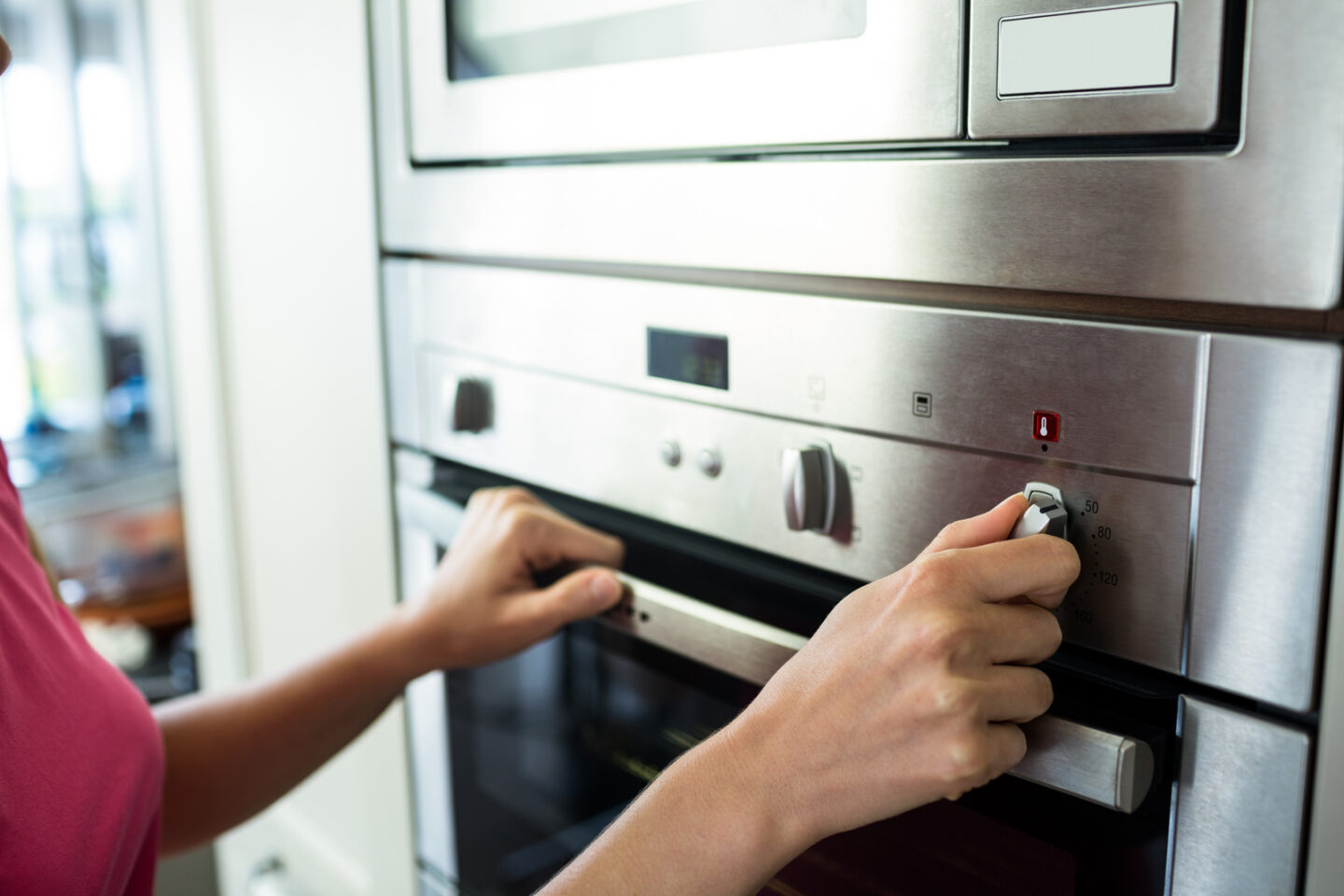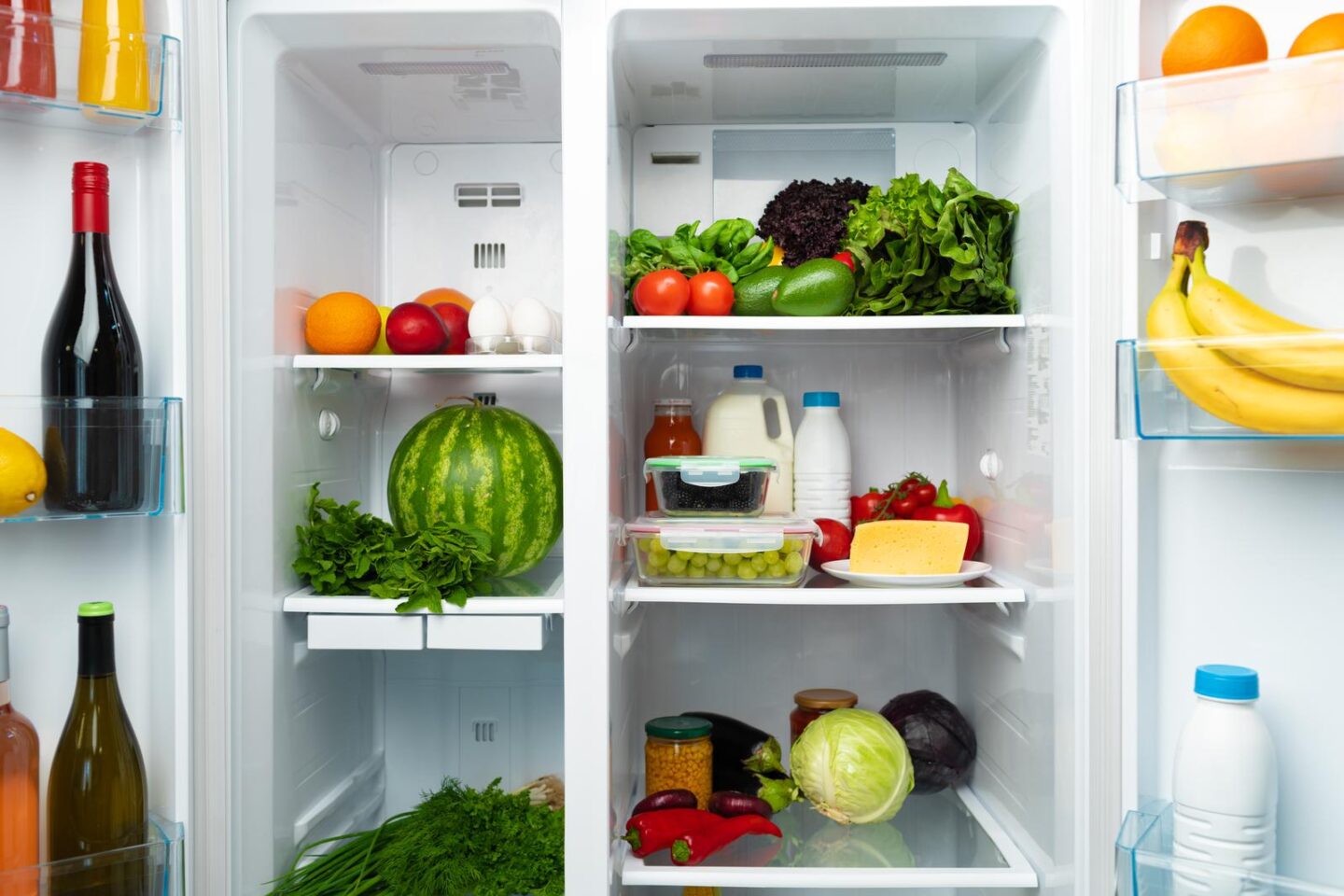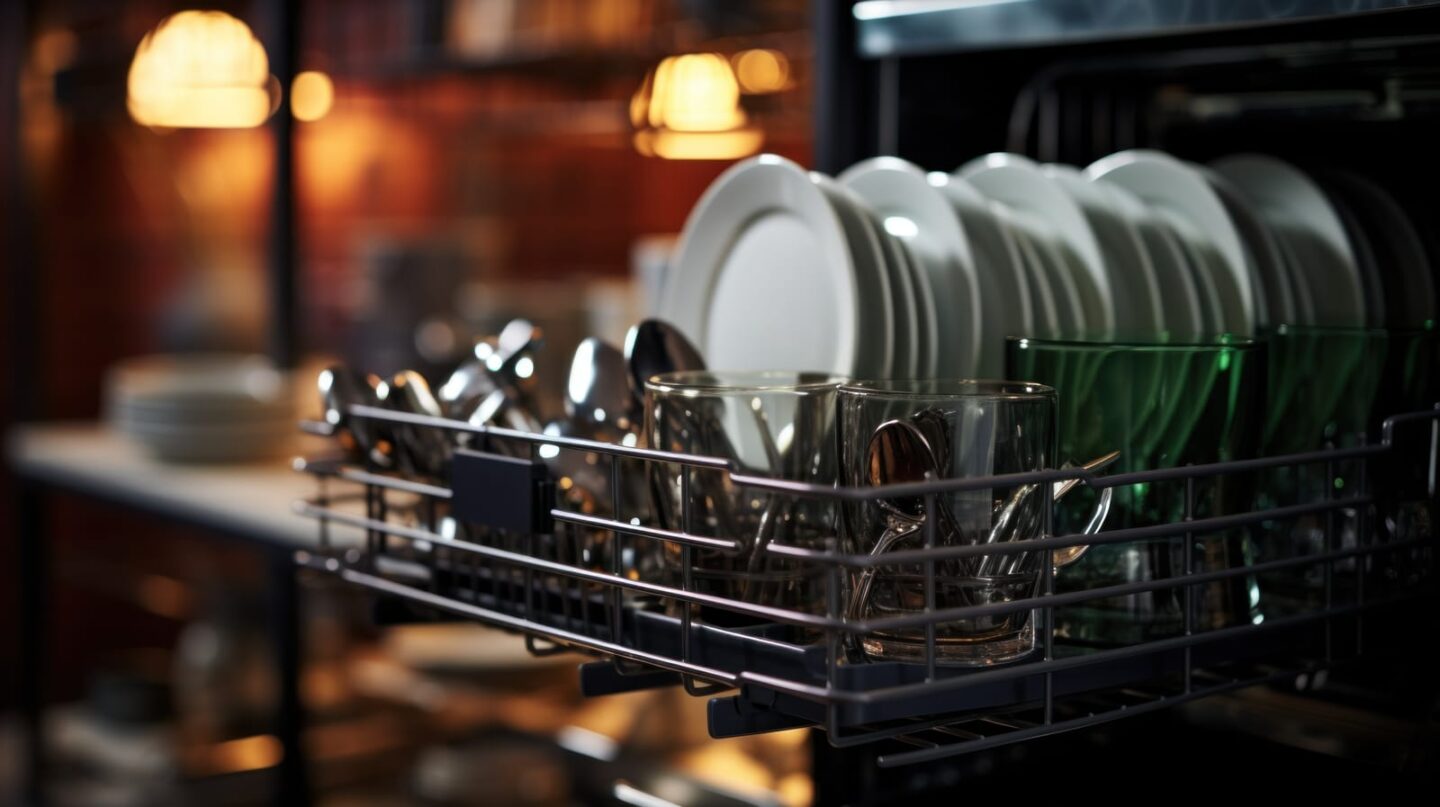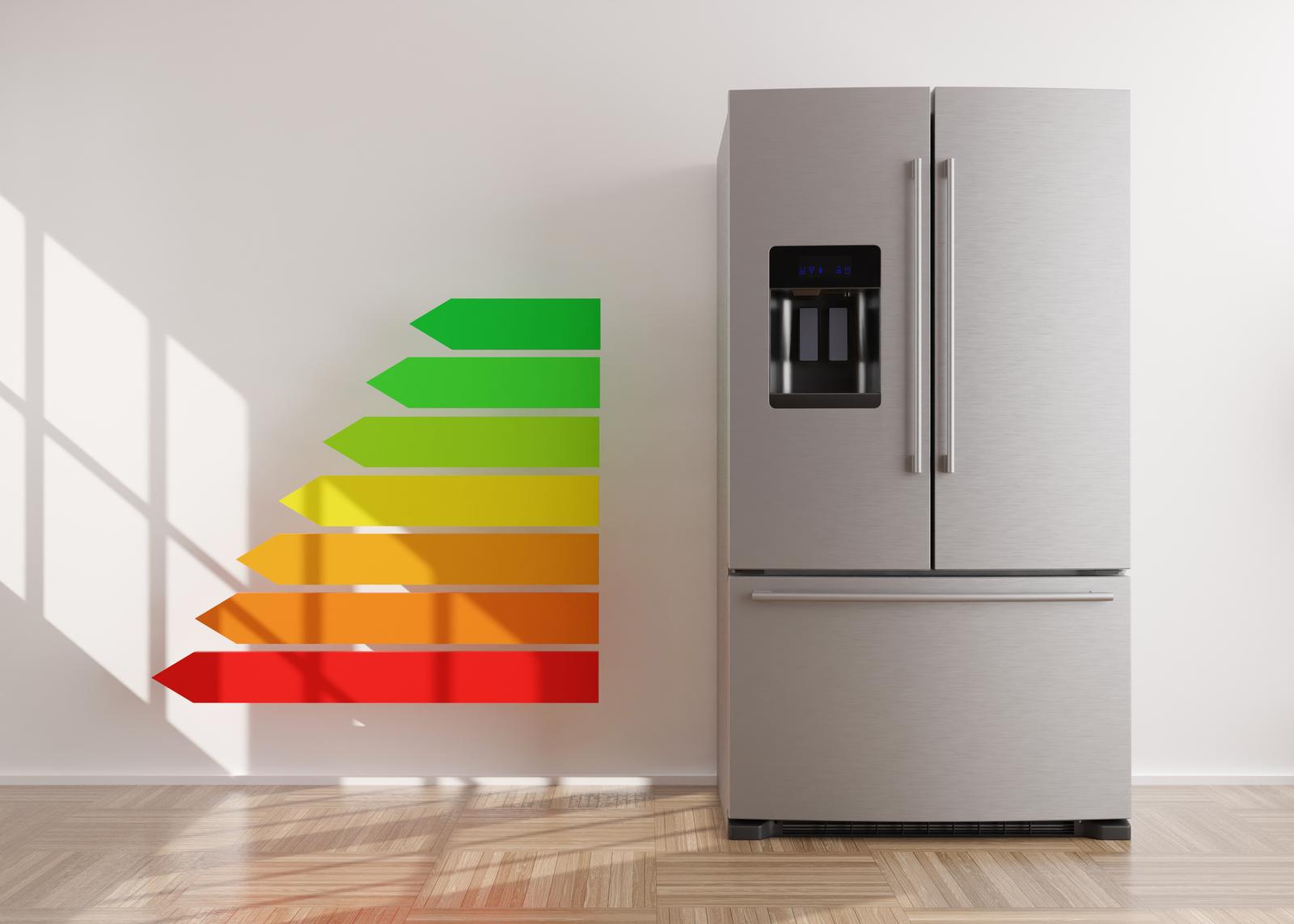How To Save Energy In Your Kitchen – We’re all familiar with the saying ‘the kitchen is the heart of the home’, for some it’s where we entertain guests, cook while the little ones are doing their homework, and even a place to gossip while having a cup of tea. But our kitchen is also a place where we use a lot of energy.
When powering electrical appliances like dishwashers, washing machines, and refrigerators, it can leave a considerable carbon footprint on the environment and on our wallets.
All is not lost. By adopting a few simple changes, you can easily reduce the energy consumption in your kitchen. Not only will this help the planet, by using less energy, you could see a difference in your energy use too.
Why is it important to save energy in the kitchen?
There are a variety of reasons why monitoring your energy usage in the kitchen in important. Let’s take a look at the key ones:
Reduce your carbon footprint: Although the UK generates a lot of its energy from renewable sources, fossil fuel made up 33% of UK’s 2023 electricity supplies. It’s going in the right direction but there’s still a way to go. As the use of fossil fuels is one of the major contributing factors to climate change, reducing your energy use will reduce your household carbon footprint.
Appliances last longer: By reducing the amount of unnecessary use of your appliances, it will reduce wear and tear. This means your appliance will last longer and save you money on replacements in the long-term.
Money: By reducing the amount of energy you use will help to reduce your energy bills. Small changes will make a difference over time.
Let’s check out some energy-saving tips:
Tips on How To Save Energy In Your Kitchen
1. Lids – I’m going to start with one of my favourite ones. When boiling a pan of water, keep the lid on. By keeping the lid on, it traps the heat in the pan, and reduces the cooking time and energy needed.
2. Fill your oven – if you’re only popping a tray in the oven and you’ve still got space, think about utilising the space for something else. You could cook some chicken for salads or sandwiches, maybe bake some cakes or muffins.

3. Behind the fridge – Something I found out a few years ago is that you should leave a 10cm (ish) gap between the wall and your fridge. The reason for this is to allow heat to escape from behind the fridge. Also, don’t forget to clean behind the fridge every six months. Dust will gather reducing your fridge’s efficiency.

4. Fill the fridge – Many of us don’t realise that fridges work more efficiently when they’re three-quarters full. If your fridge is looking empty, go for a food shop or fill gaps with bottles of water. But don’t over fill it, the air still needs to circulate. Also, don’t keep the fridge door open longer than necessary.
5. Check white goods labels – If you need to buy new appliances, you’ll need to know that, by law, white goods such as washing machines, dishwashers, fridges, and ovens must have their energy labels displayed, indicating their energy efficiency rating. If you’re looking for more information, check out this page. Having energy-efficient appliances means they run using less energy than some older models.

6. Full loads – when using your washing machine or dishwasher, ensure you run them on a full load, rather than several smaller washes. The appliance is running once and you’re using the energy once.
7. The oven – This is a great tip for the colder months. Once you’ve used your oven, leave the oven door open so you can use the heat to heat up the kitchen, this is a great way to use residual heat. Please make sure no one is near the oven, last thing we want is to burn ourselves.

8. Drying clothes – It’s difficult in the cooler months, especially when the weather is unpredictable, but when the sun is shining, try not to use your tumble dryer. Instead, hang your clothes outside to dry. Depending on the age and model type of your machine, each load will use quite a bit of energy and will increase your overall energy costs. I’ve always been told a good rule of thumb to follow is that if the ground is dry, your washing outside will dry. It’s a rule I often follow, and it seems to work for me.
9. Defrosting food – Rather than putting your food in the microwave to defrost, put it in the fridge to defrost instead. You’re not using any more energy and defrosting in the microwave, even if it has a defrost setting, can sometimes defrost the edges a lot quicker than inside.
10. Love your leftovers – Eating leftovers the next day is a great addition to energy-efficient cooking. Heating up leftovers means you’re not using as much energy heating it as you would be if you were to cook a whole meal from scratch. If you don’t fancy having it the next day, pop it in the freezer for another day. This also helps to reduce food waste.
There you have it, here are some quick tips if you’re thinking about energy conservation in your kitchen. Other simple tips would be to change your light bulbs to energy efficient ones, and ensuring your appliances aren’t left on standby mode,
This has been written by Raakhee Stratton, a UK based eco-blogger and author of Easy Peasy Greeny. Currently studying towards a BSc Environmental Science and passionate about working towards sustainable living by learning and sharing ideas.

